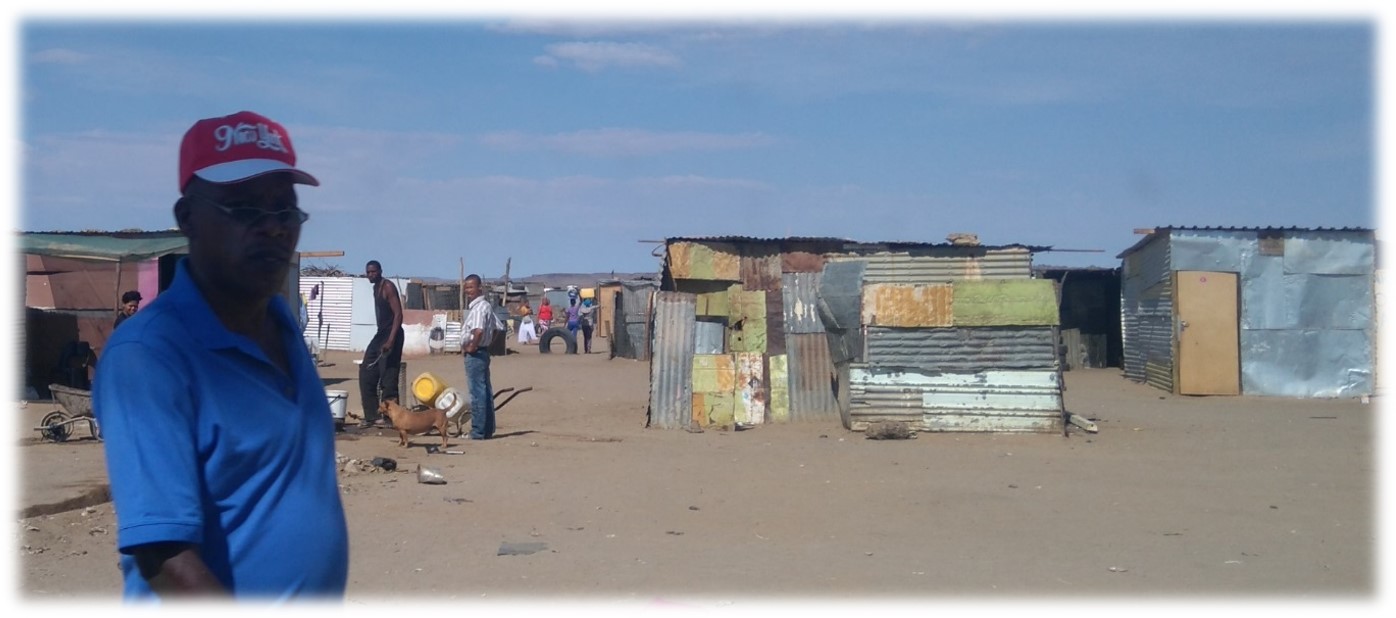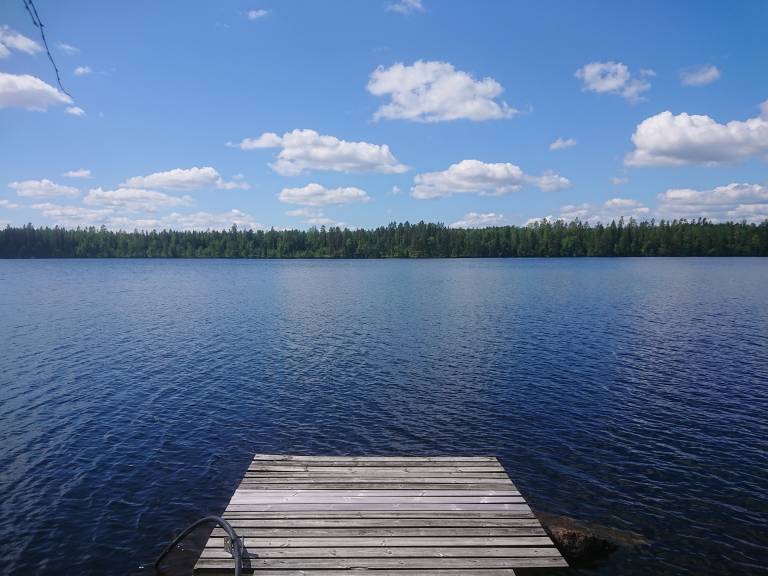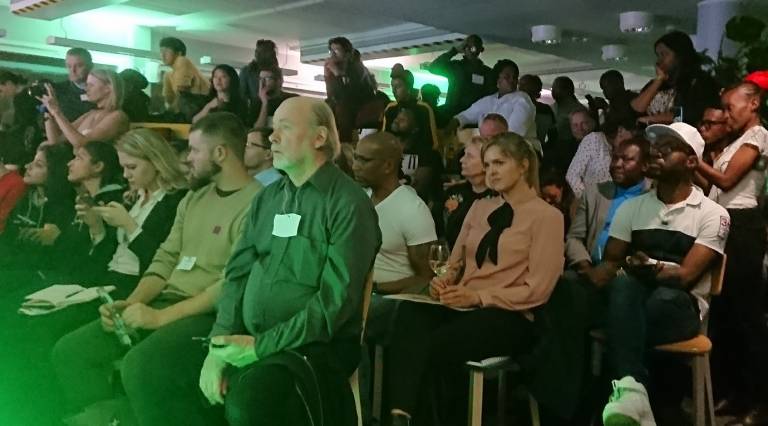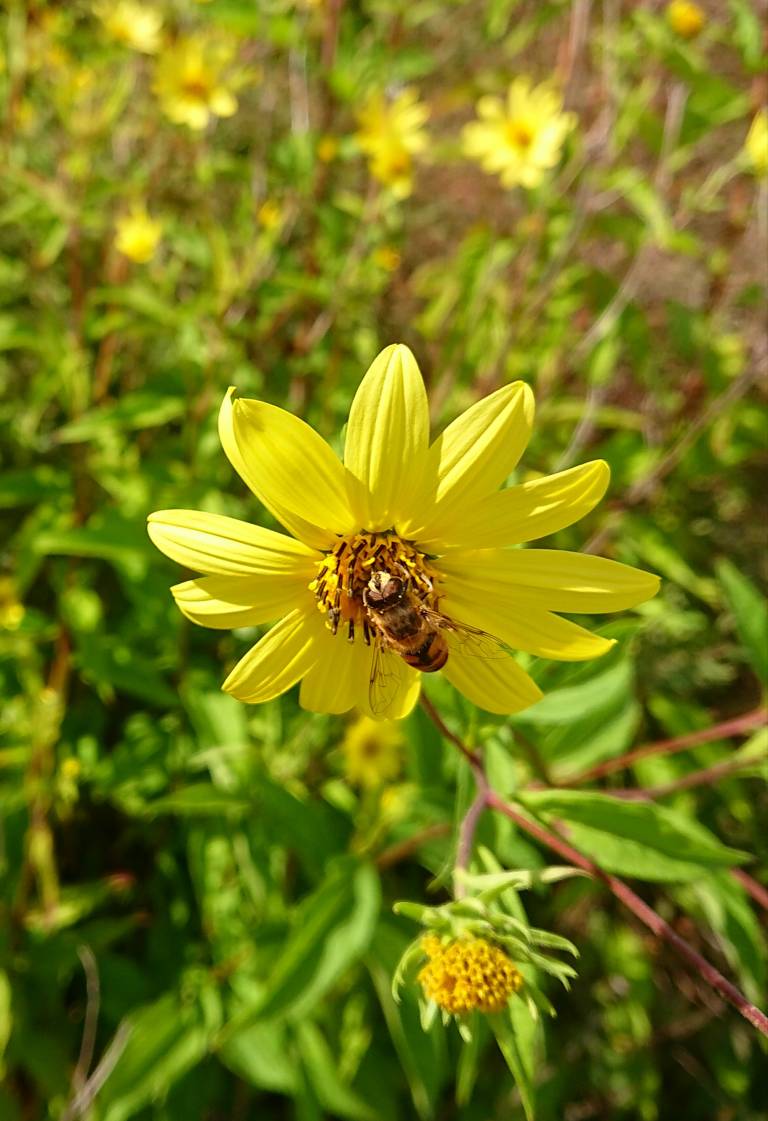By Anna Martikainen
Since the beginning of 2017, together with the Tampere Regional Council, we are implementing the Interreg project MARIE “MAinstreaming Responsible Innovation in European Smart Specialization Strategies”.
Watch a video about the key ideas of the MARIE project here:
https://biteable.com/watch/marie-1741055/37c499d38b66da72c8d4de0b5fc9b2b460d750f6
Based on our regional needs for development, we decided to design new evaluation criteria for European Regional Development Fund calls, to ensure that responsibility elements, such like ethics, are properly and systematically considered in the funded innovation projects. We identified our major target based on the results of the Regional Responsible and Innovation Maturity Assessment, which was conducted in all regions taking part in the MARIE project. Making such a shift in our regional funding measure sends a strong message to the whole region that responsibility and sustainability should be essential components of our current and future innovation initiatives.
The first pilot was implemented in the end of 2018 to open a call including additional RRI evaluation criteria. The call for projects related to responsible artificial intelligence (AI) was funded by ‘Sustainable growth and jobs 2014 – 2020 – Finland’s structural funds programme’. The call targeted projects proposing AI in fields of business where it is not yet widely employed, and which have multidisciplinary challenges and high innovation potential.
For the first time in Tampere’s ERDF regional financing programs, an extra RRI assessment criteria was added in this call. Ethics, engagement, openness, transparency, safety, and reliability were among the new assessment criteria. As a result, we got more project submissions than ever before that incorporated those RRI aspects in a more systematic and integrated manner. Because of the good results, another two pilots were implemented in different funding calls. Thanks to these pilots, we gained experience on how aspects of RRI may be implemented on an innovation project level. We can also see today that, despite the positive outcomes of the project-level pilots, putting RRI into practice is not straightforward and requires a lot of collaboration and discussion with stakeholders.
Last September, we organized an international webinar week, which consisted of a series of short seminars, networking opportunities, and video drops to learn and share about responsibility, sustainability, and interregional cooperation for recovery and growth.
The webinar week’s recordings, as well as regional movies demonstrating the advances made possible by the MARIE project, are now accessible here: https://www.interregeurope.eu/marie/news/news-article/13117/marie-webinar-week-on-line/
We also launched a new phase of the project in September. The extra phase’s operations will last until the end of August 2022. In the following year, we intend to share our experiences with other European regions in order to identify and analyze best practices in responsible innovation impact assessment, as well as to strengthen Tampere’s innovation policy in order to properly assess projects in terms of responsible innovation. We intend to analyze and influence the ERDF Regional Operation Programme in order to ensure that responsible innovation is prioritized in a revised policy for 2021-2027.





